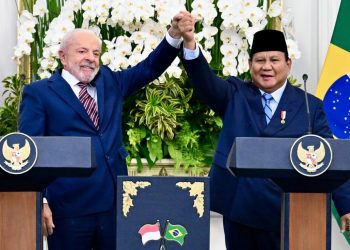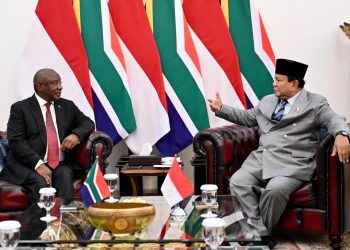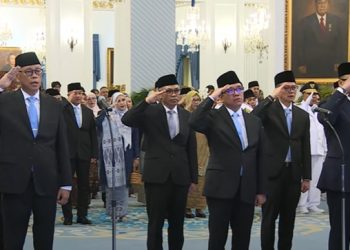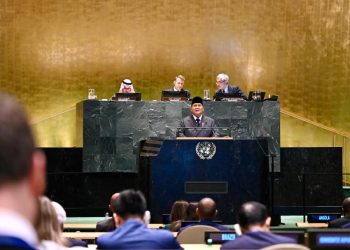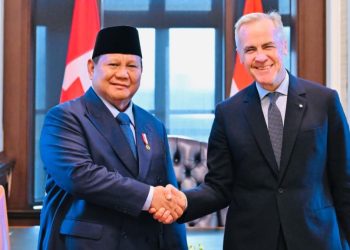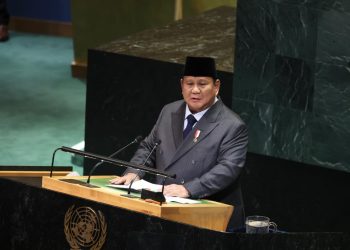Jakarta, Indonesia Sentinel — Malaysia has become the first country in the world to permit zakat payments using digital assets, specifically cryptocurrency. Traditionally, zakat, an obligatory almsgiving for Muslims, has been paid in cash or via non-cash transactions using official national currency.
The Chief Executive Officer of the Federal Territories Islamic Religious Council Zakat Collection Center (PPZ-MAIWP), Datuk Abdul Hakim Amir Osman, said the initiative aims to educate Muslims about fulfilling their zakat obligations in the era of blockchain technology.
According to Detik Finance, this innovative effort by PPZ-MAIWP is part of a broader strategy to simplify zakat payments. The report revealed that Malaysians collectively hold digital assets worth RM16 billion (approximately $3.4 billion), which are subject to zakat contributions.
“Among those aged 18 to 34, approximately 54.2% of investors are engaged in cryptocurrency. Therefore, we see this as a new source of zakat—a new source of wealth—particularly among the younger generation,” Abdul Hakim stated, as reported by the New Straits Times on Saturday, December 28, 2024.
Zakat Payment Using Digital Currency
Malaysia has permitted zakat payments using cryptocurrency since 2023. Recent data shows that zakat collections from digital assets increased by 73%, reaching RM 25,983 (approximately $5,500) in 2023. So far this year, collections have climbed to RM 44,991 (approximately $9,500).
Jakarta Gears Up for Spectacular New Year Celebration with Kirana Jakarta 2025
Abdul Hakim added that the 134th session of the Federal Territories Islamic Legal Consultative Committee concluded that digital currency is a tradable commodity, and therefore business zakat is set at 2.5% of its value.
“The digitalization of religious practices demonstrates that Islam continues to evolve and adapt to the changing needs of its followers,” he concluded.
This groundbreaking initiative not only highlights Malaysia’s progressive approach to integrating technology into religious practices but also sets a precedent for other nations to explore innovative methods for fulfilling zakat obligations in the digital era.
(Raidi/Agung)










